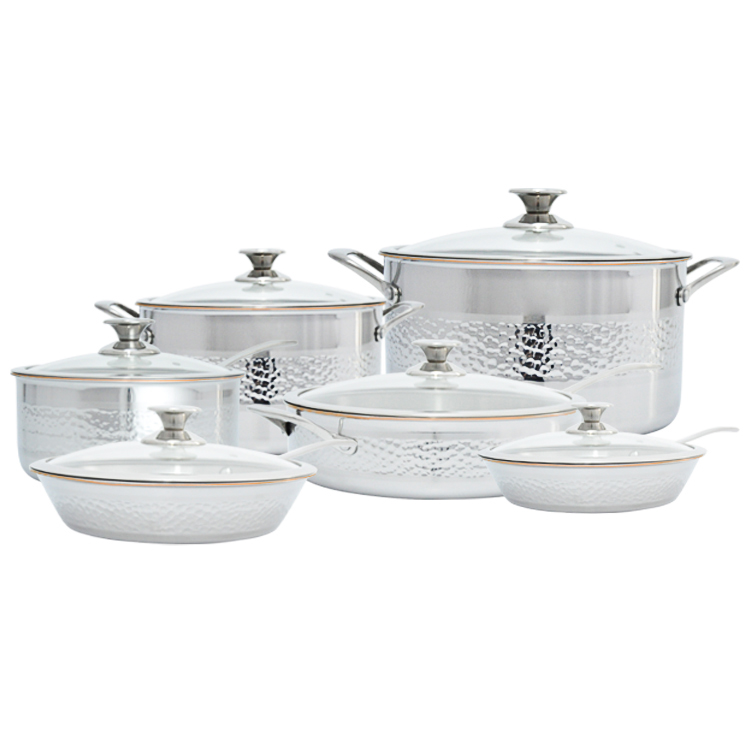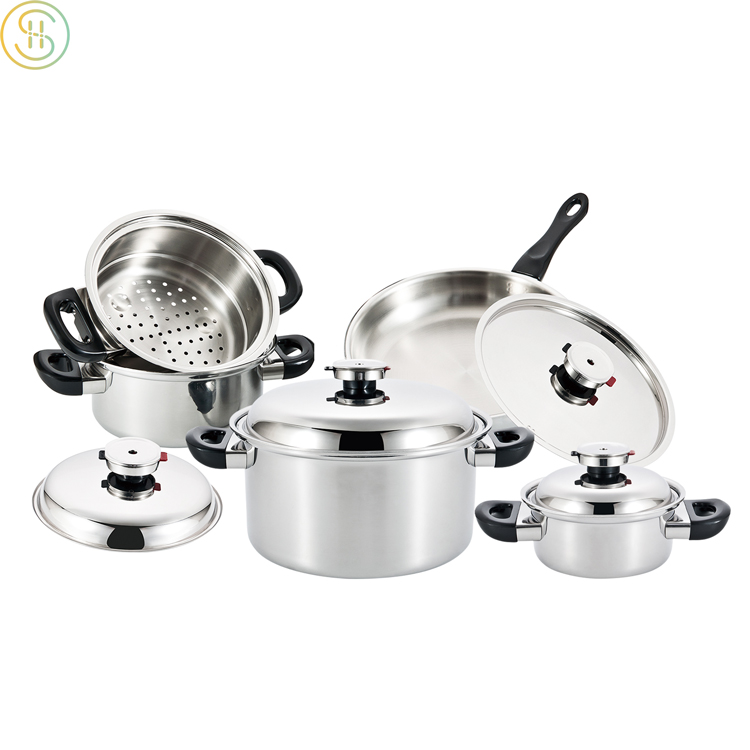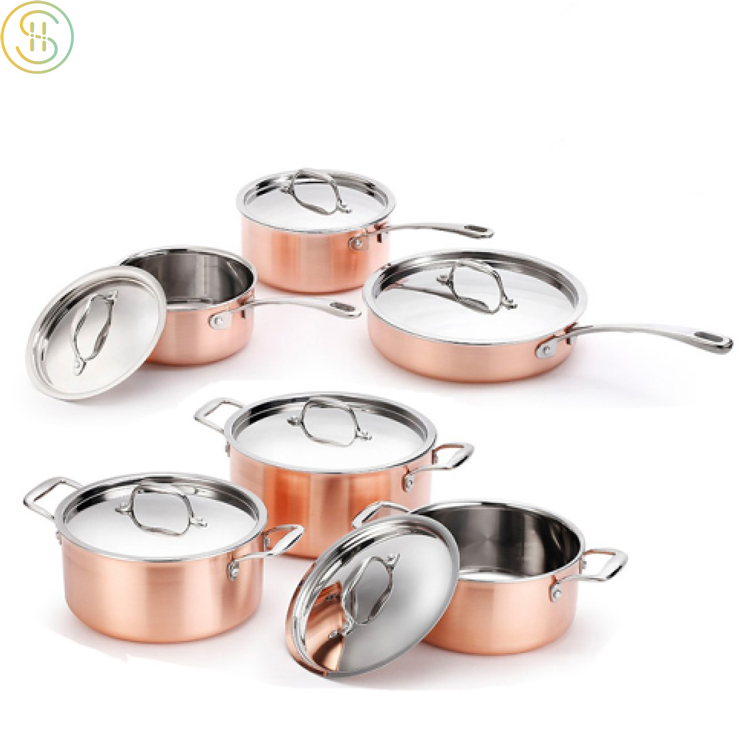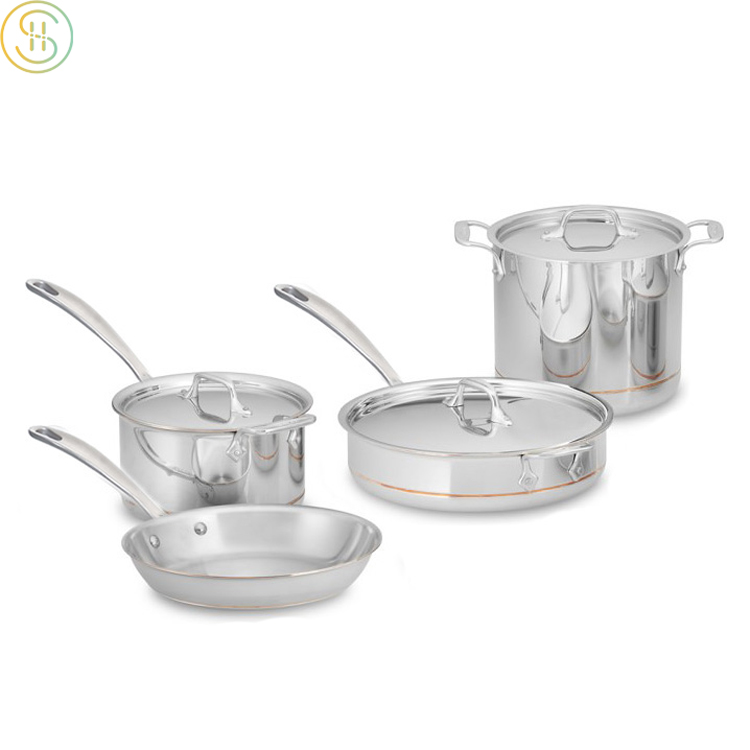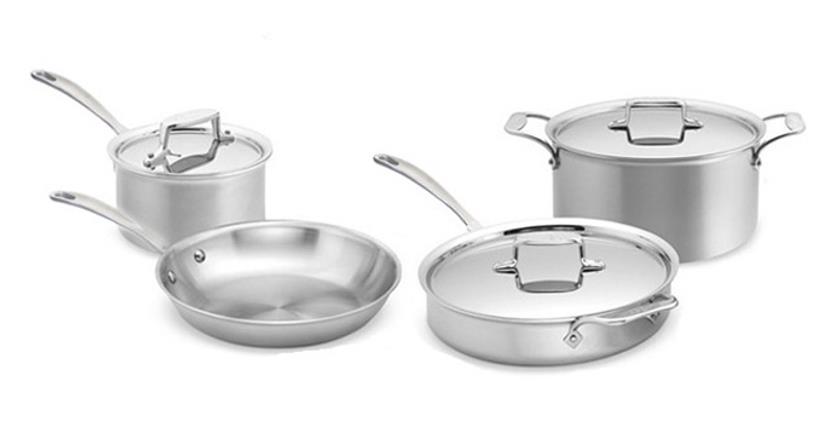
Science: The Best Cookware
Do you want ceramic, cast-iron, nonstick, or some other material? Here's how to choose pots and saucepans that are durable and will do the job.
What's in your pans and saucepans may seem like the last thing you think of when you find yourself immersed in an ever-present apocalyptic reality. However, now is the time to assess what's in your home and make sure you're safe to cook.
The home kitchen has seen an unprecedented revival in recent months. According to the International Food Information Council's survey, half of respondents said they were more likely now to cook from scratch than they were at the start. Thirty-five percent tried new recipes.
A growing number of people are looking for cookware that does the job well and minimizes their exposure to industrial chemicals. Which cookware is the best for you? What about your health, environmental impact and ease of use?
Traditional Nonstick
Nonstick cooking surfaces are the most alarming. This coating, commercially known as Teflon is applied to metal pans using a tough, synthetic rubber to create a slippery finish. Its chemical name is polytetrafluoroethylene, or PTFE. It was previously made from perfluorooctanoic or PFOAs. PFOAs make up a small group of chemical compounds that have been linked to immune system problems, thyroid problems, hormonal disruptions and possible kidney disease. FDA worked closely with companies to stop the use of PFOAs in food-contact applications by 2016. Manufacturers are not required to disclose every ingredient used in their coatings. This is similar to what happened in the cosmetics business.
Cast Iron
You may need to pay more attention that friend who talks about seasoning his cast-iron skillet all the time. Cast iron cookware has a long history of being a trusted and reliable material. Cast iron cookware is heavy. This might seem to be enough to make you reconsider. Cast iron can retain heat longer than other metals, such as aluminum, because of its density and weight.
Carbon Steel and Stainless Steel
Steel cookware has been a very popular choice due to its durability and ability to store heat energy. Stainless steel typically has more additives, such as chromium and nickel, as well as a conductor core, like aluminum or other metals. Carbon steel is just steel.
Aluminum and anodized aluminium
Aluminum may be used to make a whole pan, mix with other metals, or form a layer within it. Aluminum is lighter than iron or steel so it doesn’t retain heat as well. It is very easy to cool down, and it can conduct heat. Because aluminum pans are stronger than home-heating stoves, chefs use them in restaurants.
Copper
Professional chefs favor copper due to its superior conductivity. Copper heats up quickly so it is easy to use. Copper should not touch food as it can react to acidic ingredients such as wine, juice, or vinegar.

